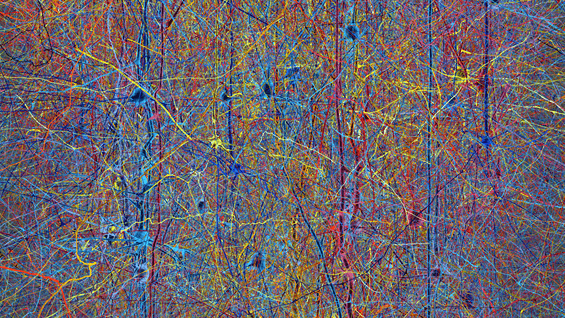Understanding DNA repair processes is an essential field of study in the development of novel therapies for a range of conditions, including cancer and degenerative diseases that affect many people around the world.
Researchers such as Lister Fellow Professor Sherif El-Khamisy are increasingly investigating aspects of DNA repair processes and the mechanisms of genomic damage to determine their relationship to causes of human disease.
Sherif El-Khamisy is Professor of Molecular Medicine and Director of Research and Innovation at the Department of Molecular Biology and Biotechnology in the University of Sheffield. His research involves projects that seek to improve our understanding of DNA changes and transactions, in particular the topological barriers that can occur when DNA structure is broken or reformed in certain biological processes.
On this work, Professor El-Khamisy has recently published a paper in Cell Reports entitled UCHL3 Regulates Topoisomerase-Induced Chromosomal Break Repair by Controlling TDP1 Proteostasis. The research described in the paper explains that his team has identified the particular deubiquitylase activity that can help to ensure the correct balance is maintained in a key DNA repair process.
This is a complex and important area. Too much deubiquitylase activity has been shown to cause cancer, mainly sarcoma in children. On the other hand, too little has been found to cause an array of degenerative diseases in humans.
The paper led by Professor El-Khamisy explains the team’s work in identifying factors that can affect optimal protein homeostasis (proteostasis), which is important for many aspects of cellular activity. The paper discusses the role that ubiquitylation can play in regulating proteostasis, and gives the implications and relationships of deubiquitylase activity to it.
Ubiquitylation is the name given to the process of attaching ubiquitin, a small protein present in almost all animal tissues, to a targeted protein. Professor El-Khamisy’s paper presents research results showing that certain forms of ubiquitylation can control particular proteostasis processes, resulting in improved regulation of chromosomal break and repair activities, which if perturbed can cause disease.
The Lister Institute is very pleased to play a role in supporting the work of Professor El-Khamisy’s laboratory for this important research into ubiquitylation and proteostasis, which has implications for new targeted therapies and our wider understanding of human health – particularly in the areas of cancer and degenerative disease as discussed. As Professor El-Khamisy explains;
“I am grateful to the support of the Lister Institute, which gave me the opportunity and flexibility to explore new research directions”
You can find out more about our prestigious research prizes which are funding research like this on the page at this link.



